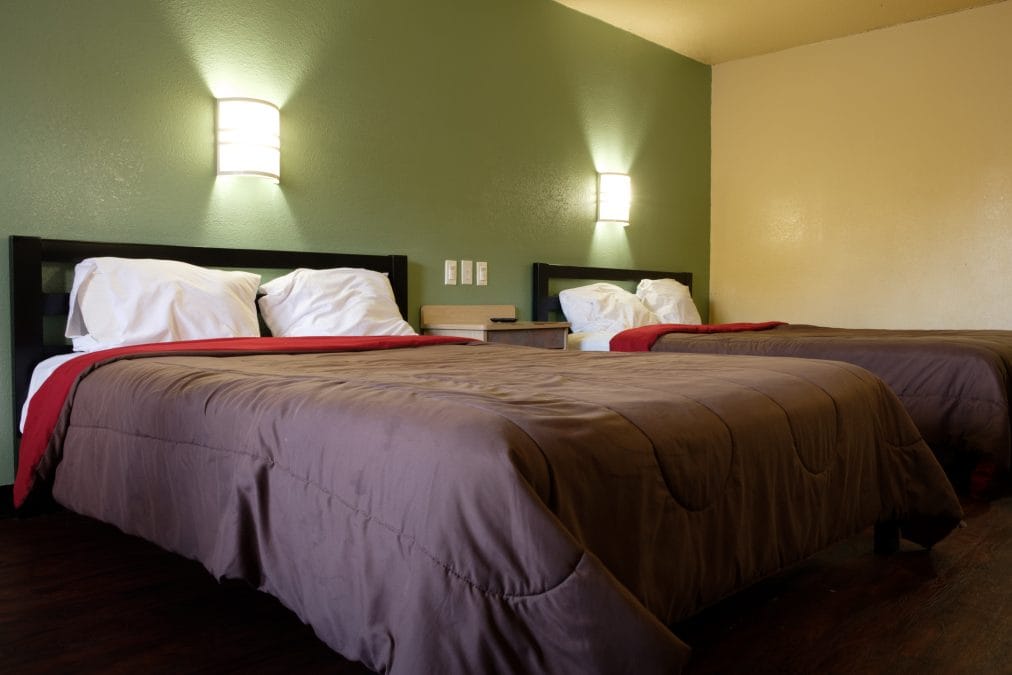When you’re working on indie or “DIY” shoots in a hotel room, especially during Hotel-Room Shoots, the stakes can feel higher because the environment is less formal. But with a few smart precautions, you can protect your health, boundaries, and peace of mind.
In recent years, Hotel-Room Shoots have become increasingly popular among independent filmmakers and content creators. The allure of flexibility and convenience is undeniable, but it requires a heightened awareness of safety and professionalism. With the right mindset and preparation, you can turn a potentially risky scenario into a rewarding creative experience.
Researching potential partners, venues, and local laws can greatly enhance your safety during Hotel-Room Shoots. A thorough understanding of the area you’re shooting in, including any legal restrictions, can help you avoid unnecessary complications. Additionally, reaching out to other creators who have worked with specific individuals can provide invaluable insights about their experiences.
1. Pre-Shoot Research & Preparation
- Know Who You’re Booking With
- Ask for links to their past work (social profiles, reels) and check for real performer testimonials.
- Search in the Adult Talent List directory or performer forums for any red flags about that producer or photographer.
- Confirm the Location
- Get the exact hotel name, room number (or at least the floor), and a straight answer on who else will be there.
- If it’s a private Airbnb or short-term rental, verify it’s legally registered in the host’s name.
2. Vetting Your Contract & Payment
- Simple, Clear Agreements
- Even for small shoots, insist on a one-page agreement: date/time, scope of content, usage rights, and payment terms.
- Spell out what “finished content” means—raw versus edited—so there’s no surprise reshoot or extra edits without pay.
- Payment Upfront or Deposit
- Aim for at least 50% upfront via bank transfer, Zelle, or another traceable method.
- Avoid “I’ll pay you cash later” promises; cash-only arrangements increase risk.
3. On-Site Safety & Logistics
As you prepare for an on-site shoot, familiarize yourself with the layout of the hotel room. Knowing where exits are located and having a backup plan for emergencies can provide peace of mind and enhance your overall safety. If possible, conduct a brief walkthrough of the space before beginning to assess any potential hazards or distractions.
- Check-In with a Friend
- Share the producer’s name, hotel, and estimated shoot end time with a trusted contact.
- Send a quick check-in text when you arrive and when you leave.
- Minimal Crew Means You Need to Self-Advocate
- Clarify who’s operating lighting/camera—sometimes the producer doubles as the only crew member.
- If there’s no dedicated floor manager or intimacy coordinator, feel empowered to pause and renegotiate if you feel rushed.
4. Health & Hygiene in a Hotel Room
Health and hygiene cannot be overstated when it comes to Hotel-Room Shoots. In addition to bringing your own supplies, consider discussing health protocols with your collaborators beforehand. Open conversations about hygiene can foster a sense of trust and ensure everyone feels comfortable during the shoot.
- Bring Your Own Essentials
- Towels, wipes, hand sanitizer, a fresh pillowcase for the hotel bed, and your own drinks/snacks.
- Disposable covers for any gear you lie on or props that touch your skin.
- Testing Protocols
- Small crews sometimes skip formal testing. If you’re comfortable, ask for proof of a recent (within 48 h) STI/STD test—or offer to test together at a local clinic and split the cost.
5. Boundaries & Communication
When vetting contracts, consider incorporating clauses that protect you from unexpected changes in plans or the shoot’s direction. This could include outlining the process for rescheduling or canceling in case of unforeseen circumstances. A clear agreement helps minimize stress and ensures that all parties are on the same page regarding expectations.
- Define the Scope of the Scene
- Be explicit: “This shoot includes X, Y, Z—nothing more.”
- If improvisation is part of their style, agree on “safe words” or gestures, even in a small crew setup.
- Know Your Exit
- Identify a safe fallback: your own ride, rideshare account, or a friend nearby who can pick you up if you need to leave.
Effective communication is vital for a smooth shooting process. Regular check-ins throughout the shoot can help address any concerns or adjustments that may arise. By establishing a culture of open dialogue, you can create an environment that encourages creativity while maintaining everyone’s boundaries.
6. Post-Shoot Follow-Up
After the shoot, take a moment to reflect on the experience. Documenting any challenges faced or lessons learned can be beneficial for future Hotel-Room Shoots. Additionally, maintaining a positive relationship with collaborators can lead to more opportunities down the line, so consider sending a follow-up message expressing gratitude for their efforts.
- Immediate Debrief
- Even if it was just you and one other person, ask for feedback on how the day went and confirm when you’ll receive your files and final payment.
- Log & Review
- Keep a private log of producers you’ve worked with—note payment punctuality, professionalism, and any concerns.
- Share (anonymously) in performer networks to help others decide whom to book.
By focusing on the realities of hotel-room shoots—minimal crew, DIY testing, and direct payments—you’ll stay safer and more empowered. Knowledge and preparation are your best allies in navigating the challenges and risks of Hotel-Room Shoots. Always use the Adult Talent List community to vet partners, share intel, and access vetted opportunities, ensuring that you can continue to create in a safe and professional manner.






